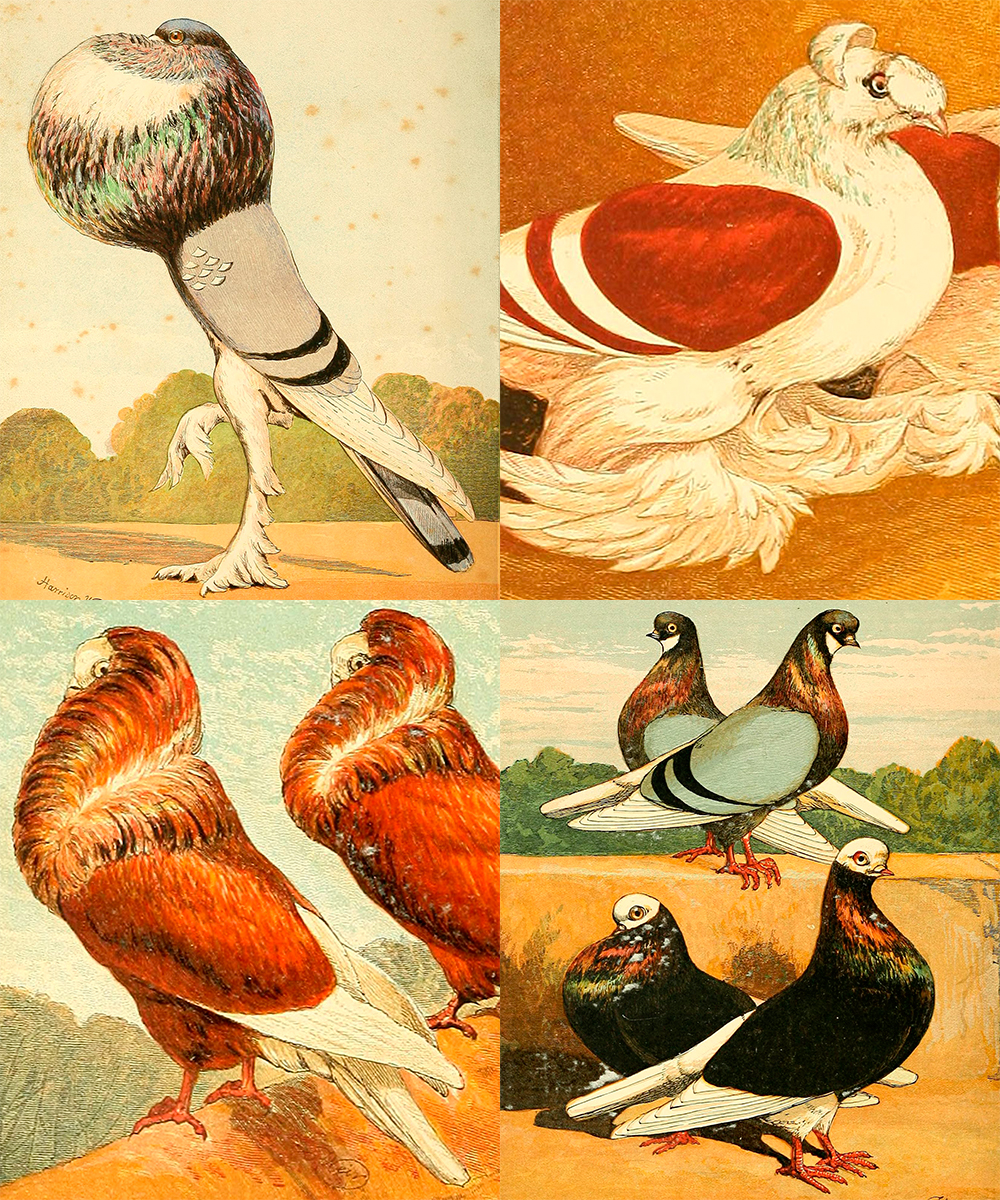Sends a number of questions (to put to his father), mainly concerned with transmission of diseases, between Europeans and natives, "people packed together", etc.
Is investigating how to get Government support [for Zoology].
Replies to CD's questions on plant hybridisation and laws of inheritance. Rejects predominant transmission of characters by established forms. Males show predominance, but congeniality of parents' constitution to climate and soil more important. No correlation between hybridisation and variability, cultivation, and geographical distribution. Rejects reversion.
Describes experiments in Hippeastrum in which pollen from another species proved more fertile than plant's own pollen.
Did not intend to say that crossing is inimical to fertility.
Discusses his account. Mentions death of his father and his own inheritance.
Thanks MATW for the results of her experiments on the inheritance of caterpillar peculiarities and would be grateful for any further observations on differences in structure or habits between silkworm breeds, or peculiarities in inheritance.
Translates some German terms describing colour of horses.
Glad THH has taken up aphid question versus Owen ["On the agamic reproduction and morphology of Aphis", Trans. Linn. Soc. Lond. 22 (1858): 193-236].
Fertilisation and inheritance discussed. Speculates that fertilisation may be a mixture rather than a fusion. Can understand in no other way why crossed forms tend to go back to ancestral forms.
Thanks AG for his criticisms of CD's views; finds it difficult to avoid using the term "natural selection" as an agent.
Discusses crossing in Fumaria and barnacles.
Has received a naturally crossed kidney bean in which the seed-coat has been affected by the pollen of the fertilising plant.
Finds the rule of large genera having most varieties holds good and regards it as most important for his "principle of divergence".
WDF's nephew has forgotten to mention the most important element, whether the lizards' eggs floated and stayed alive on sea-water.
Thanks for facts about turkeys and terrier [see Natural selection, p. 481 n.].
Discusses instinct in ducks and turkeys.
Reports a case of the inheritance of an acquired characteristic in a pig.
Asks supplementary questions about Kattywar (Kathiawari) horses in India.
Darwin Correspondence Project
darwin@lib.cam.ac.uk
© University of Cambridge 2022
Website by Surface Impression



© 2024 University of Cambridge
